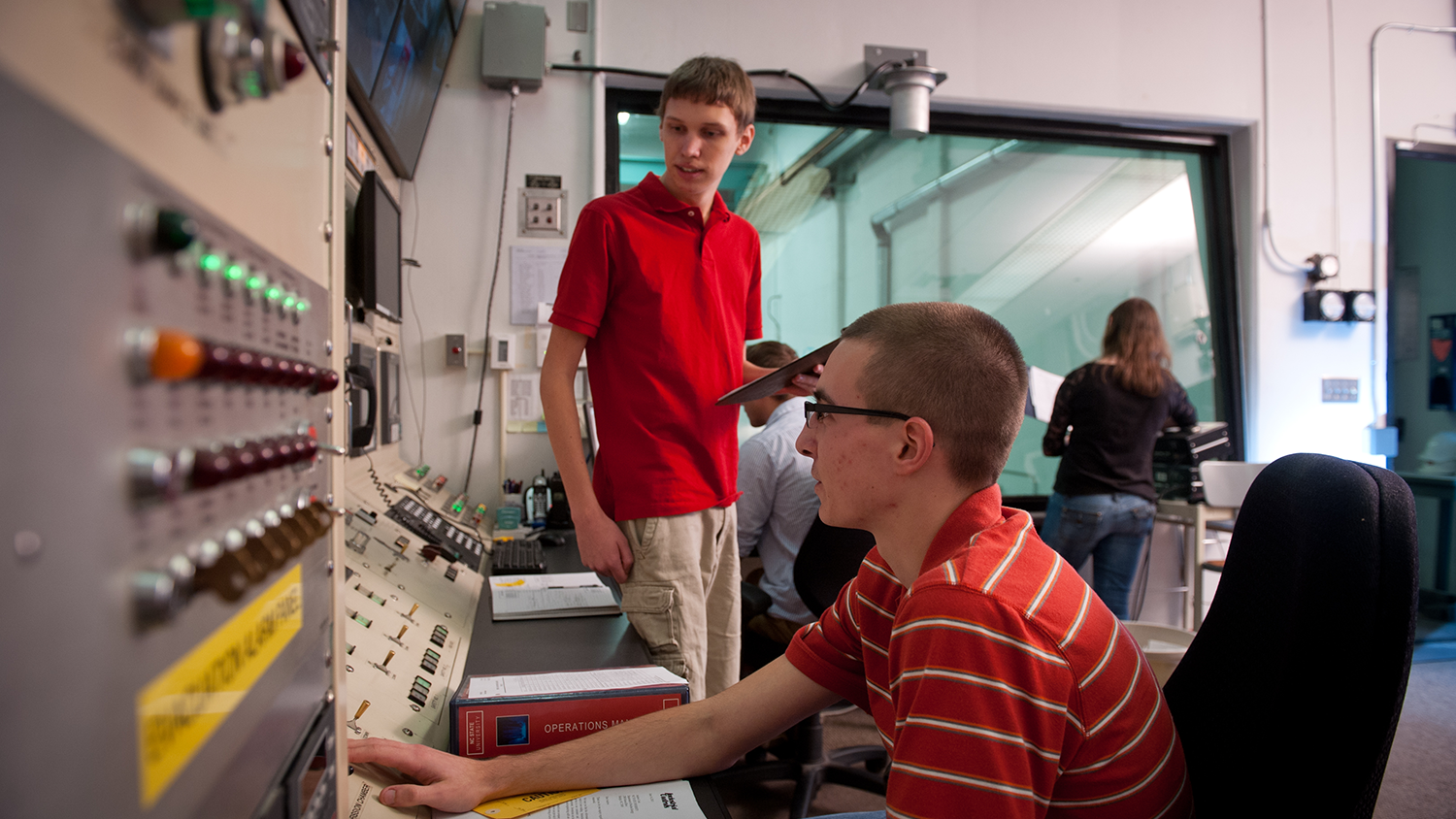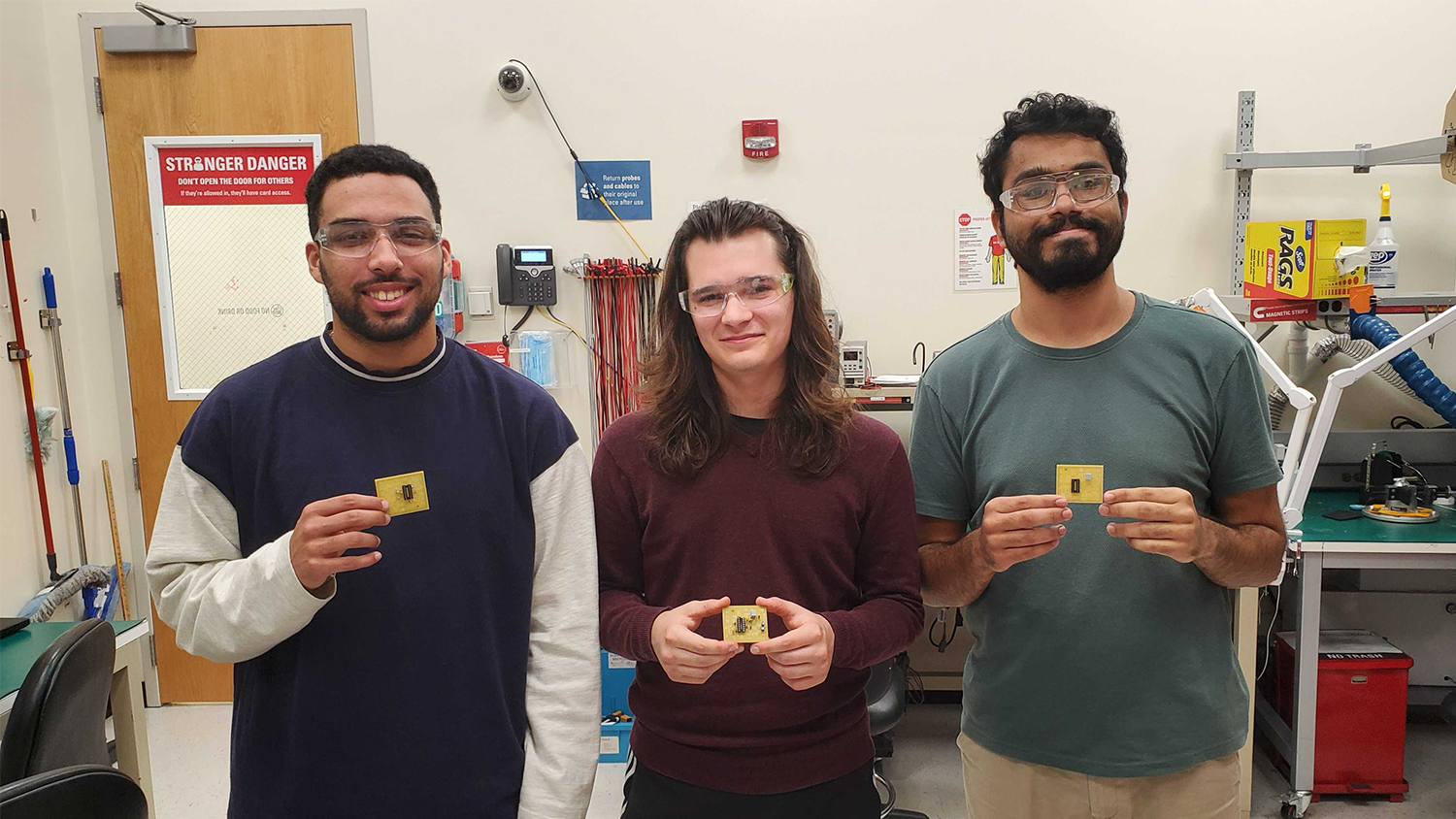NC State Internet Reactor Lab inspires global effort

The International Atomic Energy Agency (IAEA) recently established an international Internet Reactor Lab program based on a similar, successful program in the Department of Nuclear Engineering at North Carolina State University.
The IRL was originally a Department of Energy (DOE)-funded consortium that allowed students at other universities in the U.S. to conduct virtual experiments with NC State’s PULSTAR research reactor. In 2010, the program expanded internationally to include the Department of Nuclear Engineering at Jordan University of Science and Technology.
Now, the IAEA version will provide further opportunities for international nuclear engineering students who do not have access to a research reactor to receive realistic reactor operating experience.
Students who participate in the IRL have the opportunity to conduct experiments through direct video and audio communication with PULSTAR reactor operators in the control room and gain practical experience in a controlled environment.
Participating institutions must install certain video communication equipment and software in order to access the laboratory and conduct experiments. Examples of labs that students might experience are reactor startup and power operations, control rod calibration, and power defect coefficient measurement.
The success of the IRL at NC State continues to be shown through government contracts with participating countries. In May 2016, the university was selected by the DOE to train Vietnamese nuclear engineering students with the IRL as part of an arrangement between the U.S. and Vietnam under Section 123 of the Atomic Energy Act.
The Nuclear Reactor program at NC State is directed by Dr. Ayman Hawari, professor of nuclear engineering.
– keller –
- Categories:


